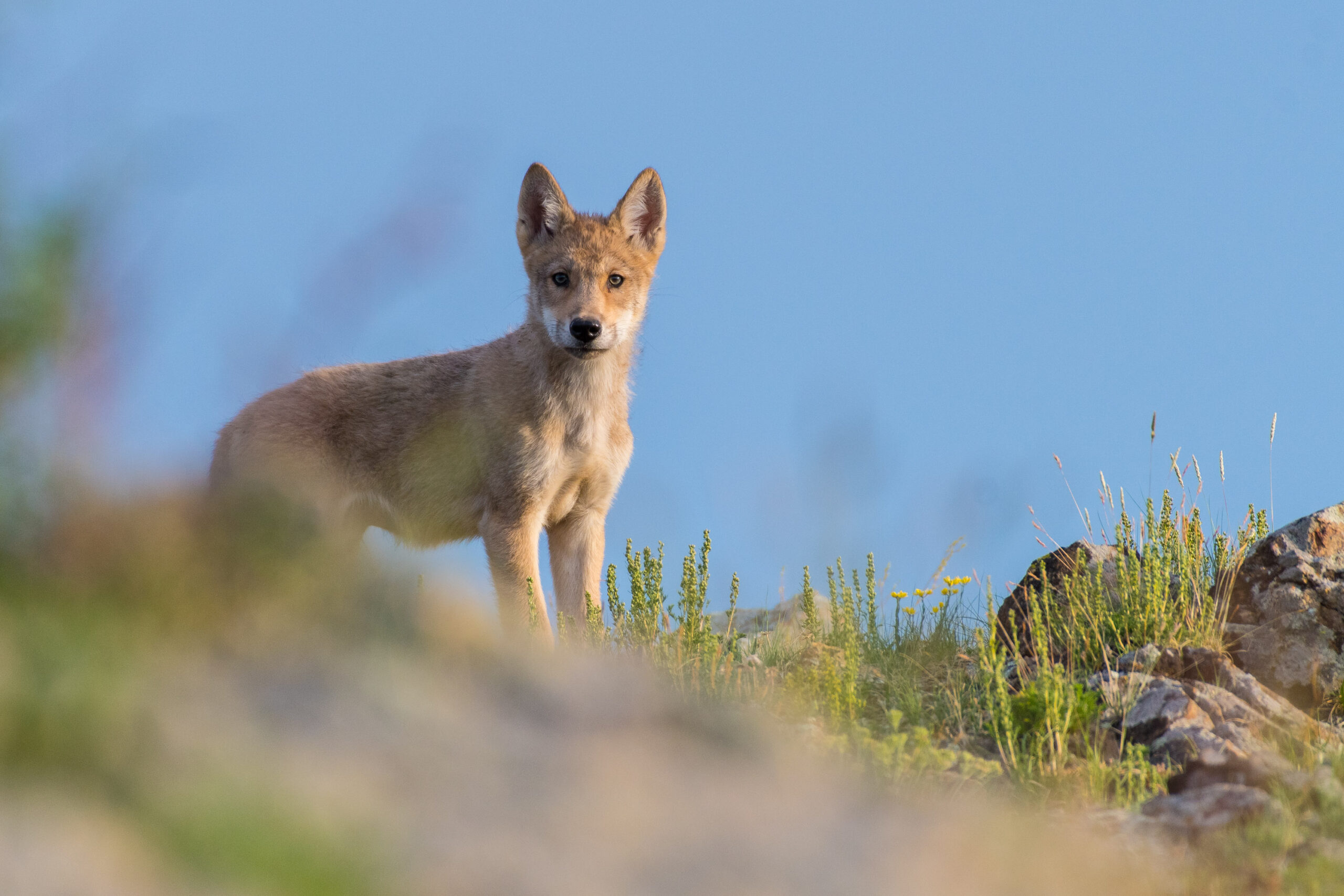Europe Plans to Reduce Wolf Protection, Undermining Decades of Biodiversity Efforts
A majority of EU Member States have agreed to adopt the European Commission’s proposal to downgrade the protection status of wolves under the Bern Convention, allowing wolf culling as a measure to address livestock depredation. This decision undermines Europe’s commitment to biodiversity conservation and is seen as a setback for wolf recovery efforts.
A protected keystone species still in recovery mode
Wolves are strictly protected under both the Bern Convention and the EU Habitats Directive, recognized as a keystone species essential for biodiversity and healthy ecosystems across Europe. So protecting wolves in Europe is about more than safeguarding a single species; it’s about protecting biodiversity and fostering harmonious coexistence with nature. Wolves are crucial to ecosystem balance, and their return to areas where they had been eradicated is a major conservation milestone. Scientific research confirms, however, that wolf recovery in the EU is still in progress, and both the Bern Convention and Habitats Directive’s objectives for species restoration have not yet been achieved. The European Commission’s own research also indicates that there is no evidence to support the notion that culling reduces livestock depredation.

The real problem: human-wildlife conflict
As we see in a lot of cases, the real problem is the human-wildlife conflict caused by both of them sharing the same environment. We of course recognize that the comeback of the wolves have led to challenges, especially for livestock farmers. We believe the right answer to these challenges isn’t to legalize the culling of the wolves, but to boost prevention measures that facilitate human-wildlife coexistence.






